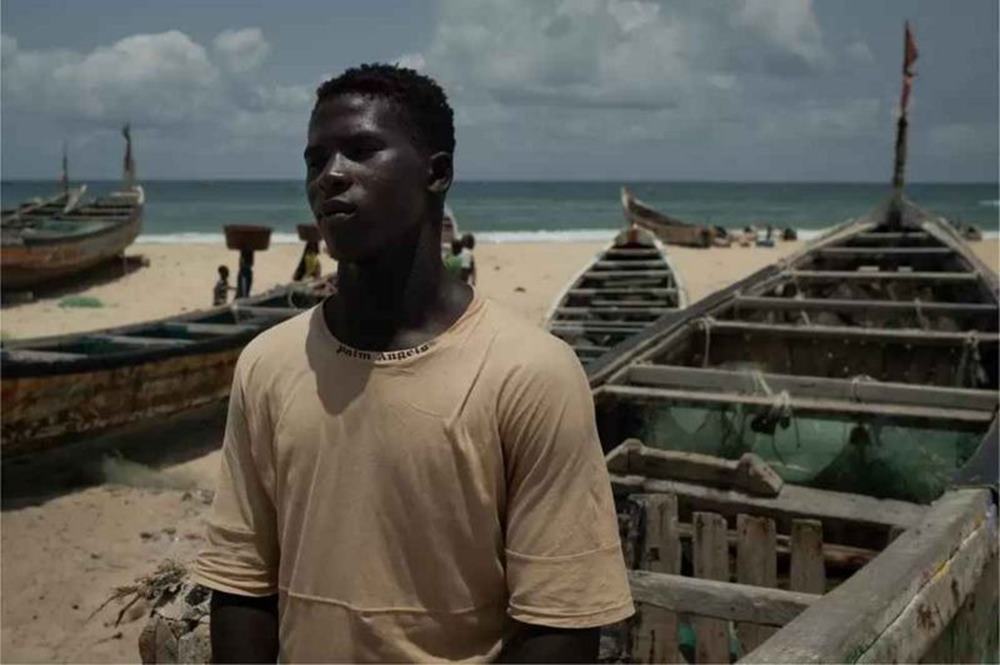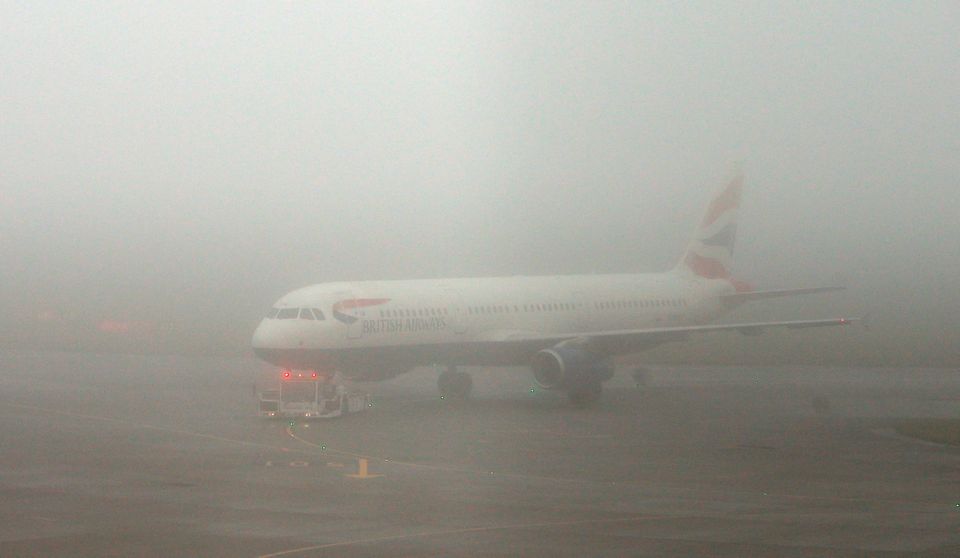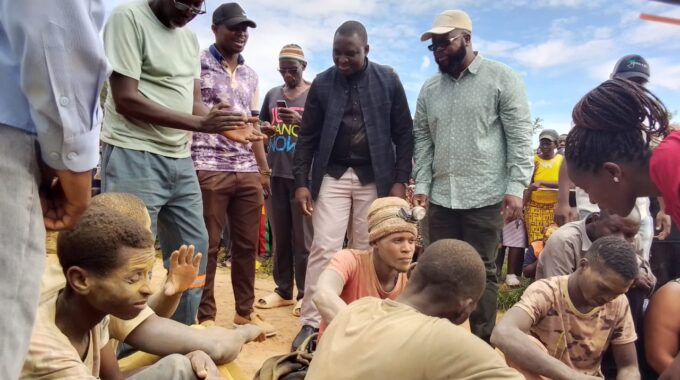Adama and Moussa Sarr have lost track of the exact number of days they spent adrift at sea. The brothers found themselves drifting aimlessly somewhere off the coast of West Africa in a traditional Senegalese fishing canoe known as a pirogue. They were two of 39 passengers on board, all of them malnourished, with many teetering on the brink of death.
Their harrowing ordeal began when they set out on the perilous North Atlantic sea passage from Senegal to the Canary Islands, a Spanish archipelago approximately 1,000 miles away by sea. The pirogue, which had departed from the coastal village of Fass Boye on July 10, was powered by an outboard motor.
Adama and Moussa, aged 21 and 17, respectively, hail from a long line of fishermen in their village. However, like many young people in Senegal, they were drawn by the allure of Europe. “Everyone wants to travel on the boats,” Adama remarked. “It’s what you’re supposed to do.”
The journey began in the evening as Adama and Moussa, along with two cousins, Pape and Amsoutou, aged 40 and 20, embarked on the pirogue into the night. Unlike the Mediterranean, there are no patrols on the North Atlantic route, and no one consistently searches for lost or endangered boats. It is easy to disappear without being noticed. Missing the Canaries or Cape Verde islands could result in becoming adrift in the vast Atlantic.
For the first three days, Adama and Moussa’s pirogue battled against strong headwinds. However, on the fourth day, the wind subsided, and the boat started making progress. The passengers believed they were just a few days away from their destination.
Around the sixth day, their food and water began to run out. There were four children on board, and some older passengers sacrificed their last scraps of food for the youngsters. Some even hoarded it after people began to die.
The exact date of the first death eludes Adama’s memory, but it occurred shortly after the first week at sea. A fishing captain, accustomed to the sea but not young, was the first to succumb. Six more days passed until the next person died, and then the deaths became a daily occurrence.
“At first, we would say a prayer for each person who died and place their body in the ocean,” Adama recalled. “But later, we just began to throw the bodies into the water because we didn’t even have the energy to pray. We just needed to get rid of the corpses.”
Back in Fass Boye, news spread that the boat had not arrived. Families began to take desperate measures, alerting local authorities and migration NGOs. A warning about the missing boat was even tweeted by the founder of one NGO, but it didn’t change the situation, and the boat remained missing for three more weeks.
Inside the pirogue, the four men from the same family clung together, growing progressively weaker. The eldest cousin, Pape, was the first to pass away. “Before he died, he said, ‘If death must happen, I wish I die and you three survive,'” Adama recounted.
Then, Adama’s younger cousin, Amsoutou, vanished. One morning, he was simply gone.
Adama and Moussa held on, sipping seawater and baking under the sun. Each night, they would search for lights from the Canary Islands, but those lights never appeared.
Nobody in Fass Boye blamed the migrants for taking the risk. More than one-third of the country lives in poverty, according to the World Bank. Young people see few opportunities at home, and social pressure pushes them towards taking dangerous journeys. “Barcelona or death” has become a catchphrase in Senegal, reflecting the desperation many young people feel.
The wooden pirogues used by smugglers are ill-suited for the journey, often poorly constructed and lacking navigation technology. They can run out of petrol and be pushed off course. Yet, the number of migrants using this route to reach Spain increases every year.
According to the International Organisation for Migration (IOM), approximately 68,000 people have successfully reached the Canary Islands by boat from West Africa since January 2020, with around 2,700 recorded as dead or disappeared. However, the true number of casualties is likely much higher, as fatal accidents are more likely to go unrecorded on this perilous route.
“We call them invisible shipwrecks,” said Safa Msehli, a spokesperson for the IOM. “A boat washes ashore with no bodies aboard, or a body is found on the shore unconnected to a known capsized boat.”
Part of the problem is that people from Fass Boye, particularly fishermen, are overly confident in their abilities to cope with the dangers. “The fishermen think that if they get into trouble, they’ll be able to swim,” said Abdou Karim, a lifelong fisherman and the father of Pape Sarr, who died on the boat. “But there are limits. You can’t swim forever. The ocean won’t hold you.”
Nevertheless, young fishermen in Fass Boye say they are still willing to take the risk. “I’m thinking about going on a boat right now,” said Niang, a fisherman on the beach. “The tragedies won’t stop us from trying.”
Approximately one month into Adama and Moussa’s journey, a large ship appeared in the distance, and more than 20 people decided to take their chances in the water. But Adama knew they were too far away.
Many of the remaining survivors could barely move. Then, on August 14, exactly five weeks after they had set off, they spotted a Spanish fishing boat coming to their rescue.
The Spanish crew helped them on board and wrapped the seven bodies in plastic sheets. Adama and Moussa lay together on the deck of the fishing vessel.
They had survived the pirogue, but Moussa was too weak. He became the last of the 63 people who died during the voyage.
“He died right there on deck, in front of my eyes,” Adama said.
The survivors were taken to Cape Verde, where they spent six days receiving medical treatment before the majority were flown back to Dakar. Those who were able to walk were given prescriptions and sent back to Fass Boye.
Back home, the survivors faced harassment from curious residents and relatives of the deceased. To escape the pressure, they were sent elsewhere to recuperate. Adama and his mother, Sokhna, stayed with close relatives nearby, where they spent their days resting, praying, and avoiding questions about Adama’s ordeal.
The family had lost three sons and regained one. In Fass Boye, 101 people had embarked on the perilous journey across the sea, and only 37 returned.
“It changes the place,” said Abdou Karim, Pape’s father, while silently counting prayer beads. “Even one soul is too many, and this is more than 60. It’s too much for one place.”









No comment yet, add your voice below!